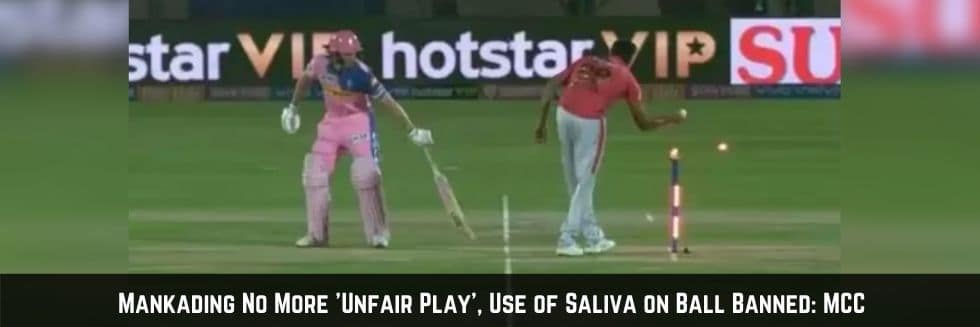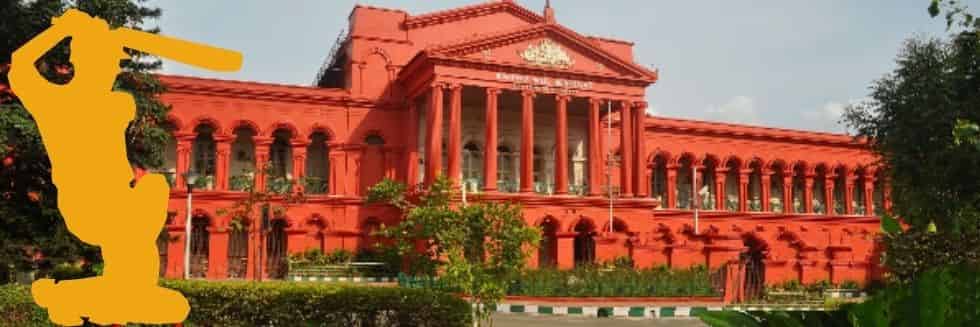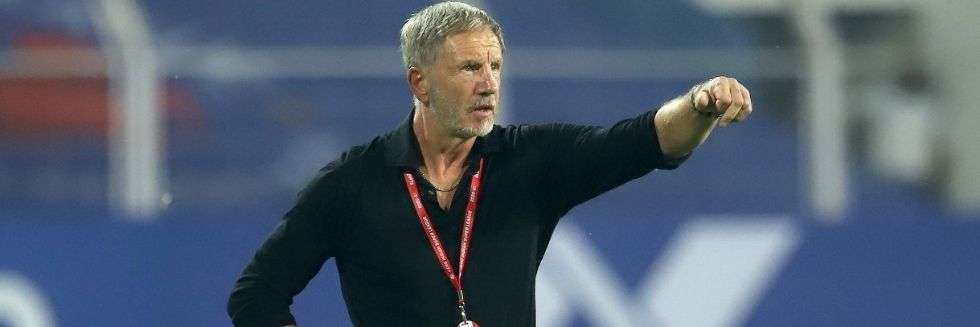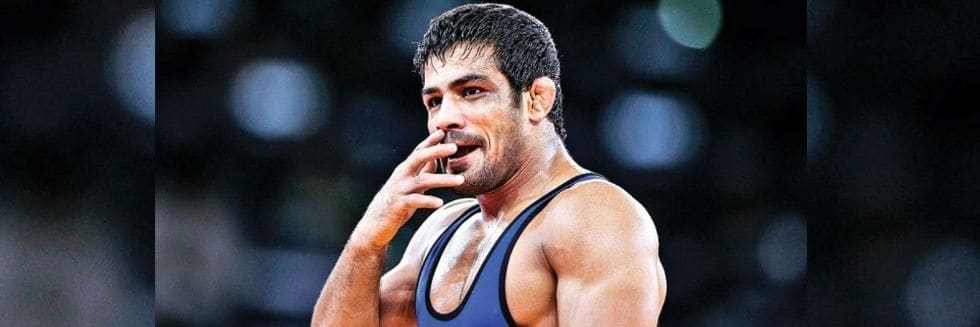Marylebone Cricket Club has introduced some major changes in the code of law governing the international game. The Club has reframed the law related to running out the non-striker while on a delivery stride, popularly known as Mankad, which was treated as an unfair mode of dismissal.
These major changes include moving Mankad from the unfair play section to the run-out category and it will also permanently ban the use of saliva to shine the ball. However, the use of sweat is still permitted under new laws.
Explaining the reason behind moving Mankad from ‘Unfair’ section to ‘Run-Out’ section, MCC law manager and spokesperson Fraser Steward stated, “It is a run-out but it has always been in the unfair play law and we questioned ‘why is it unfair? The bowler is always painted as the villain but it is a legitimate way to dismiss someone and it is the non-striker who is stealing the ground.”
He went on to add, “It is legitimate, it is a run-out and therefore it should live in the run-out section of the laws. Before this change, this was the only way you could be out that wasn’t in the dismissals section of the laws so this just moves to correct that.”
“Since the publication of the 2017 Code of the Laws of Cricket, the game has changed in numerous ways. The 2nd edition of that Code, published in 2019, was mostly clarification and minor amendments, but the 2022 Code makes some rather bigger changes, from the way we talk about cricket to the way it’s played,” Steward said.
List of New Code Of Laws For Cricket
MCC has suggested several changes in the Code of Laws for international cricket. Here is the list.
Law 1 – Replacement players
Insertion of new clause, Law 1.3 explains that replacements are to be treated as if they were the player they replaced, inheriting any sanctions or dismissals that the player has done in that match.
Law 18 – Batters returning when Caught
Law 18.11 has now been changed so that, when a batter is out Caught, the new batter shall come in at the end the striker was at, i.e. to face the next ball (unless it is the end of an over).
Law 20.4.2.12 – Dead ball
In connection to the Dead Ball law, a change is the calling of Dead ball if either side is disadvantaged by a person, animal or other object within the field of play. From a pitch invader to a dog running onto the field, sometimes there is outside interference – if this is the case, and it has a material impact on the game, the umpires will call and signal Dead ball.
22.1 – Judging Wide
Amendment in Law 22.1 suggests that a Wide will apply to where the batter is standing, where the striker has stood at any point since the bowler began their run-up, and which would also have passed wide of the striker in a normal batting position. It is introduced to take away unfair advantage from the batters.
Laws 27.4 and 28.6 – Unfair Movement By Fielding Side
Till now, any member of the fielding side who moved unfairly, was punished only with a ‘Dead ball’. Considering it deliberate and unfair, the change in law will see the batting side awarded 5 Penalty runs.
Law 38.3 – Moving Running Out Of Non-Striker
Law 41.16 – running out the non-striker (Mankad) – has been moved from Law 41 (Unfair play) to Law 38 (Runout). The wording of the law will remain the same.
Law 41.3 – Sweat Permitted But No Saliva To Shine The Ball
Why cricketers use saliva on the ball?
“We use sweat to make the ball heavier and softer but reverse swing needs saliva.”: Mohammed Shami had said.
Besides the guidelines for not using saliva on the ball during the pandemic, MCC research findings also stated that it had little or no impact on the amount of swing the bowlers were getting. Players were using sweat to shine the ball, and this was equally effective.
The ban on the use of saliva will also remove any grey areas of fielders eating sugary sweets to alter their saliva to apply to the ball. Using saliva will be treated the same way as any other unfair method of changing the condition of the ball.
Now, these new changes will be implemented after being accepted by the International Cricket Council (ICC) and national cricket associations. Usually, MCC suggestions are accepted without any protest.






